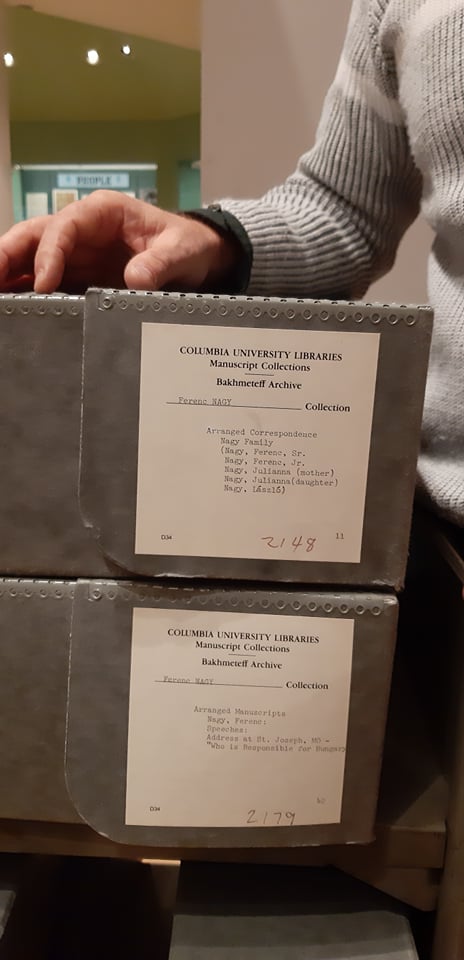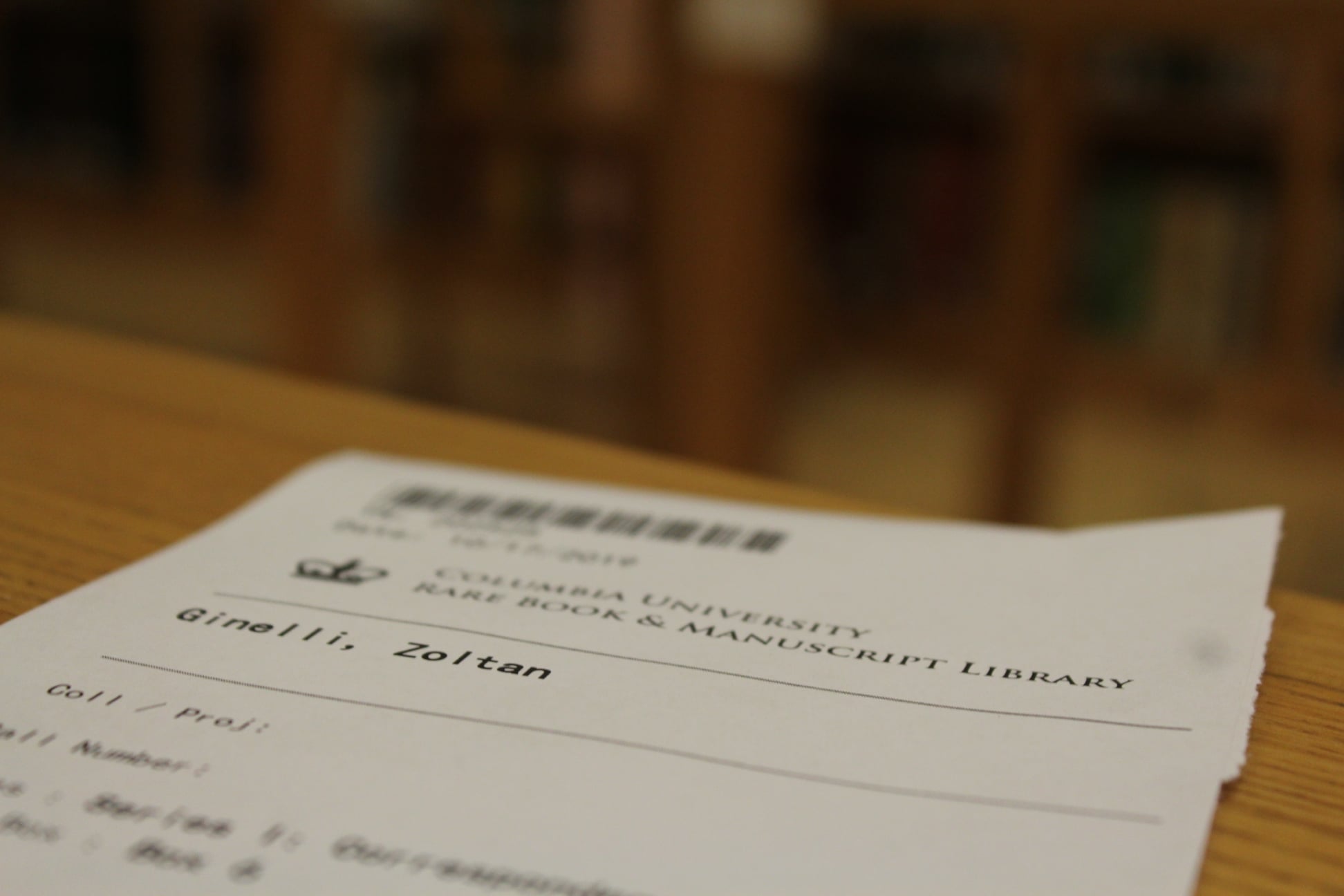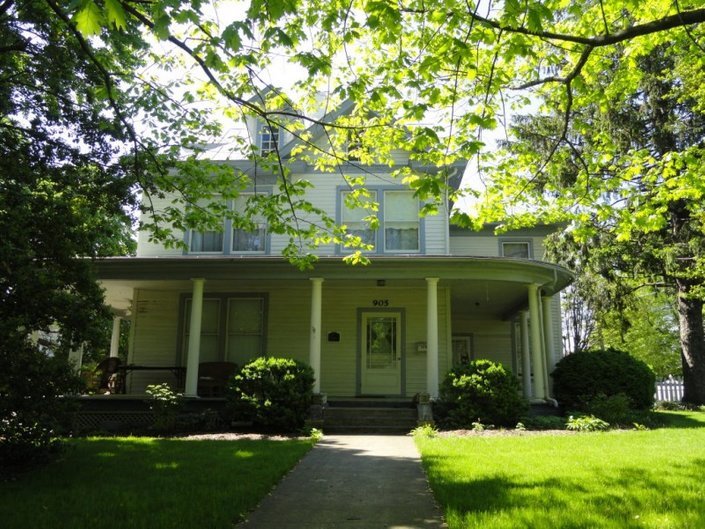FILM

“I myself am one of the five million Hungarian peasants crying beside the plow, and the terrible torment of the peasant's fate does not allow me to spend much time at my desk, because my bread is also there among the hard clods, and I must dig it out with both hands, with sweat, with backbreaking and life-shortening labor.”
Nagy Ferenc, Öt millió magyar a Golgotán, 1932
WHAT DO WE WORK ON?
Ferenc Nagy's adventurous, tragic, and dramatic life story is worthy of a movie. Despite its cinematic nature, it is still about a human destiny. It is about a man, a personality who is vividly portrayed and brought to life before us in documents, photos, audio recordings, and film footage.
Ferenc Nagy's life story could be told in many ways. The peasant boy from Bisse who became prime minister is a unique case of social mobility. He was a key figure in the popular movement between the two world wars and in the democratic reform attempts after World War II. He negotiated with Stalin and had connections with several American presidents. His forced but adventurous emigration only further globalized his life: he had to hold his own in the challenging arena of world politics and communicate with the world's leading figures.
We wish to commemorate this extraordinary and instructive career. Zoltán Kovács is working on a documentary film about Ferenc Nagy, with the help of our research group's extensive collection of material.
Film
Ferenc Nagy's adventurous, tragic, and dramatic life story is worthy of a movie. Despite its cinematic nature, it is still about a human destiny. It is about a man, a personality who is vividly portrayed and brought to life before us in documents, photos, audio recordings, and film footage.
Ferenc Nagy's life story could be told in many ways. The peasant boy from Bisse who became prime minister is a unique case of social mobility. He was a key figure in the popular movement between the two world wars and in the democratic reform attempts after World War II. He negotiated with Stalin and had connections with several American presidents. His forced but adventurous emigration only further globalized his life: he had to hold his own in the challenging arena of world politics and communicate with the world's leading figures.
We wish to commemorate this extraordinary and instructive career. Zoltán Kovács is working on a documentary film about Ferenc Nagy, with the help of our research group's extensive collection of material.
Nagy Ferenc (1903–1979) kisgazda miniszterelnök életútja, Part (48′)
Dorito Médiaügynökség, Pécs. Editor: Zoltán Kovács. Cameraman: Richárd Kovács.
Places featured in Part 2: Herndon (USA); Washington D.C. (USA); Rare Book and Manuscript Library at Columbia University, New York Cíty (USA). Sponsor: Hungarian National Cultural Fund.

Filming in America
Members of our research team, Zoltán Kovács and Richárd Kovács, traveled to the United States in November 2019 to gather material for the film. They visited Ferenc Nagy's former family home in Herndon, where he lived and farmed with his wife and five children. They also paid their respects at the family grave.
Our film crew also visited Columbia University's archives to examine Ferenc Nagy's papers. That same year, Zoltán Ginelli traveled to the United States to begin researching and digitizing the papers.
We contacted and met with some of Nagy's living relatives, the Hungarian embassy, and other relevant American organizations. The first visits were soon followed by further trips...
We contacted and met with some of Nagy's living relatives, the Hungarian embassy, and other relevant American organizations. The first visits were soon followed by further trips...





The Ferenc Nagy Papers in the Rare Book and Manuscript Library at Columbia University, and the house and grave of Ferenc Nagy in Herndon (USA).
“He was a man of the people and remained so even in exile. Herndon, the small town in Virginia, also considered him one of their own. The mayor issued an obituary and declared the day of his funeral a day of mourning. Flags flew at half-mast, and police officers dressed in ceremonial uniforms accompanied his coffin. Everyone knew the 'Prime Minister'...”
Sándor Kiss
Sándor Kiss
 The grave of Ferenc Nagy and his wife in the cemetery of Herndond. Photo: Richárd Kovács.
The grave of Ferenc Nagy and his wife in the cemetery of Herndond. Photo: Richárd Kovács.